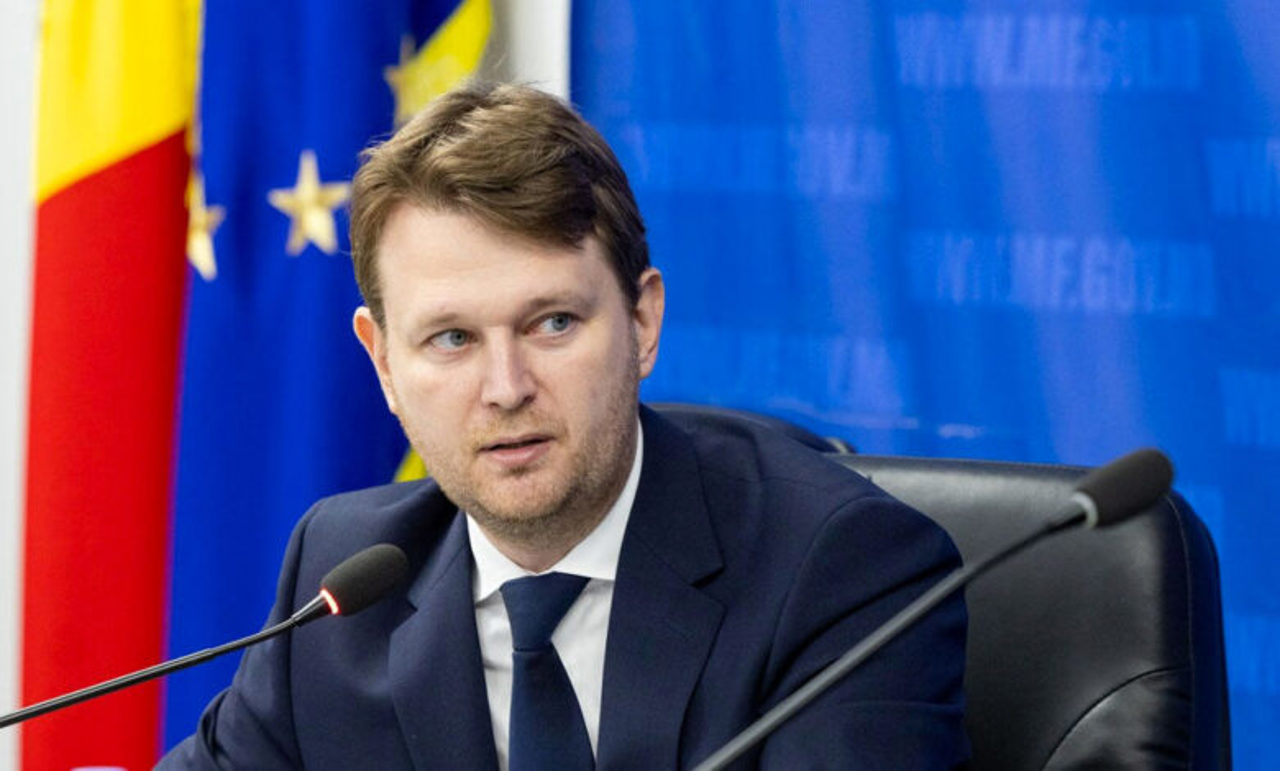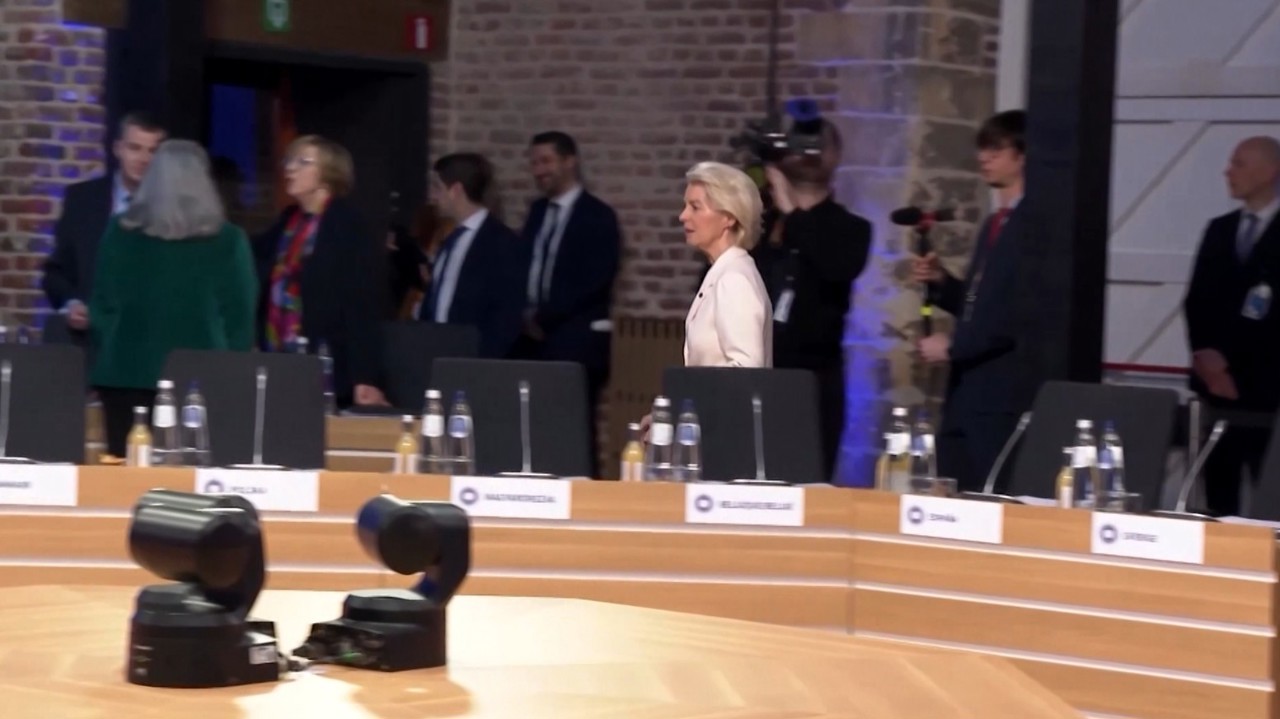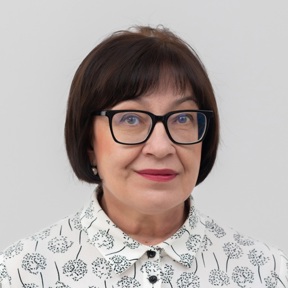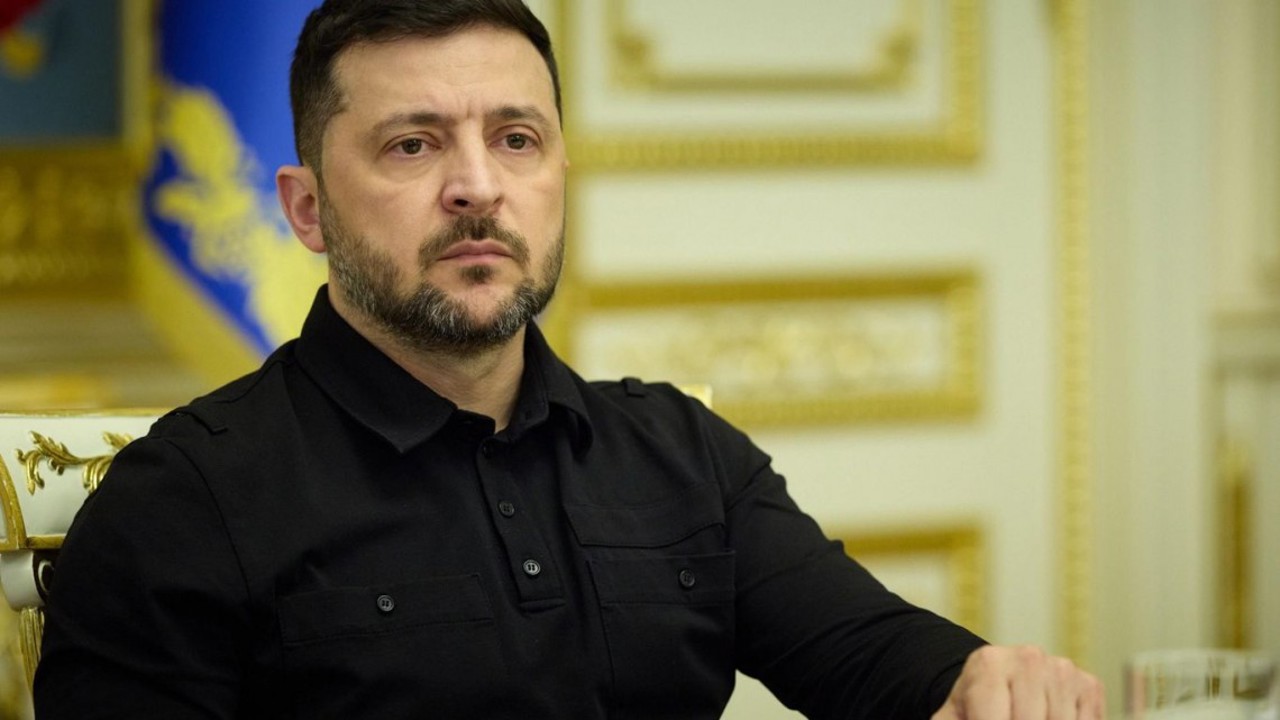How Moldova plans to recycle 90% of packaging waste
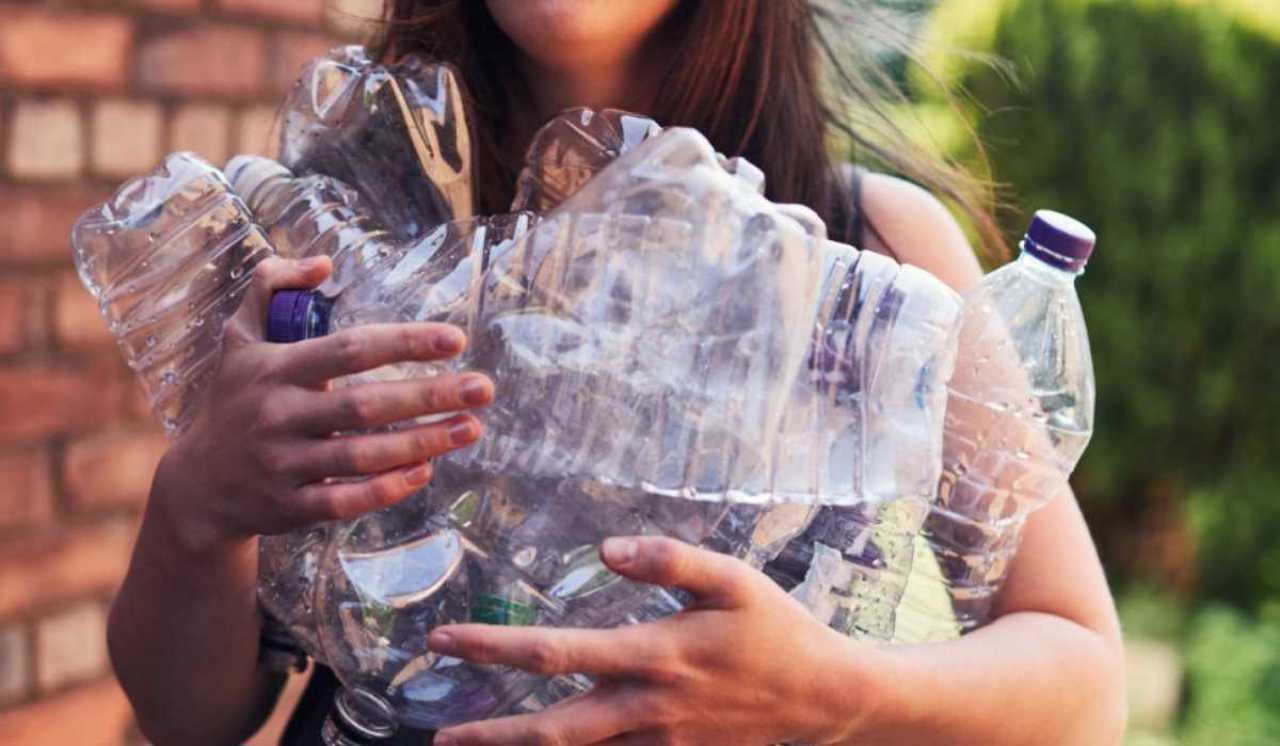
Moldova is preparing to implement a nationwide deposit-return system for plastic, glass, and aluminum packaging.
Under this initiative, citizens will be able to return these materials in exchange for a monetary refund. According to Grigore Stratulat, State Secretary at the Ministry of Environment, this system is expected to recycle over 90% of returned packaging. Environmental expert Iuliana Cantaragiu emphasized that the initiative will have a positive impact on both the economy and the environment.
Many citizens support the system, believing it is long overdue. Others, however, remain skeptical about its effectiveness. Some point to the success of similar programs in Finland, Germany, and Estonia, where consumers receive a small refund for each returned container. Others argue that Moldova still lacks the necessary infrastructure and public awareness to ensure smooth implementation.
"I’ve noticed that people who care about the environment already return their bottles. Maybe this system will motivate more people to collect and properly dispose of waste," one resident noted. Another emphasized the importance of educating children about recycling from an early age, as long-term behavioral changes take years to develop.
The financial incentive has also sparked debate. Some believe that offering direct cash refunds might increase unnecessary consumption. Instead, they suggest alternatives like discount vouchers for sustainable purchases. "If we gave out vouchers rather than money—say, a discount for bringing your own coffee cup—this could make a real difference," one person suggested.
Grigore Stratulat confirmed that consumers will receive at least 2 lei (~$0.10) per returned container, regardless of the product’s original price. The system will involve four key players: producers, retailers, consumers, and recycling companies. Consumers will be able to deposit used packaging into Reverse Vending Machines (RVMs) located at designated collection points. These machines will issue either cash or vouchers that can be used for future purchases.
Iuliana Cantaragiu highlighted that returning used containers to the economic cycle is crucial. She pointed out that similar systems have been in place for years in Lithuania and Finland. "The worst possible solution is to bury waste that could be repurposed. Waste isn’t something we should dispose of—it’s a resource that should be reintegrated into the economy," she stated.
The Ministry of Environment has confirmed that the system will be mandatory across the country, applying to both local producers and importers. By introducing this measure, authorities aim to significantly reduce waste and encourage more responsible environmental practices.
Translation by Iurie Tataru
